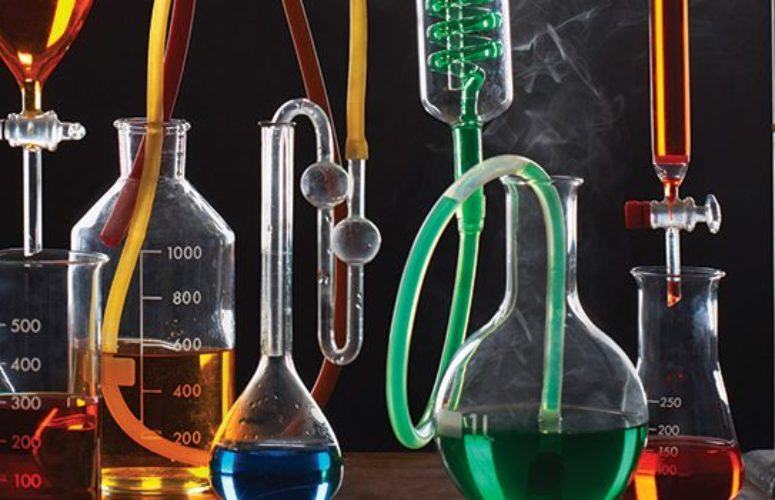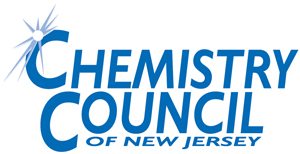
Chemistry Council of New Jersey Sees Opportunities and Challenges
On May 27, 2015Chemistry Council of New Jersey
Hal Bozarth, Executive Director
Capitol View Building
150 W. State Street
Trenton, NJ 08608
609-392-4214
Of the $35 billion in capital investment by the US chemistry industry in 2013, almost $1 billion of it was in New Jersey.
“I have been fortunate enough to be involved with the business of chemistry for nearly 30 years,” says Shawn Blythe, chairman of the Chemistry Council of New Jersey. “My work has involved several US states as well as more than a dozen countries, and it’s with that global perspective that I firmly believe the state is uniquely positioned.”
New Jersey continues to be the North American headquarters of some major companies, including BASF, the second largest producer and marketer of chemicals and related products in North America. Other chemistry companies, small and large, continue to call New Jersey home, such as Cardolite, Croda USA, Church & Dwight and Honeywell International, to name a few. They are all part of New Jersey’s $25.3-billion chemistry industry, making it the largest manufacturing industry in the state. The business of chemistry accounts for about 23.4 percent of the value of all New Jersey exports, or $8.6 billion, making its products the state’s largest export.
New Jersey is also the leading state for the development and manufacturing of flavors and fragrances, a unique sector of the business of chemistry. Currently, 38 fragrance companies are located in the state, many of which are headquartered here. More than 85 percent of global fragrance companies operate in New Jersey. There is a renewed interest and commitment by the state and research institutions to help sustain and grow the state’s flavors and fragrance sector.
Despite the new opportunities and general good economic health of the more than 70 chemistry manufacturers represented by the Chemistry Council of New Jersey, including chemical, flavors and fragrances, life sciences, consumer products and petroleum refining, the industry still faces significant challenges.
“If I were to summarize this challenge in a single concept, it would be an erosion of trust between our industry and regulators, our industry and non-government organizations (NGOs), and, most importantly, trust between our industry and consumers,” Blythe says.
The industry also faces a nearly continuous stream of regulations that ban or restrict products the industry previously entered into commerce as “safe.” “We can question the legitimacy of regulations that abandon science to address a public perception – but this is the reality in which we live and operate,” Blythe says. “We cannot escape the fact that advances in science and knowledge allow us to identify hazards and risks that were simply not possible to identify in the past.”
Today’s business of chemistry is driving innovations that make our lives and our world healthier, safer, more sustainable and more productive. In New Jersey, the industry continues to increase efficiency and productivity, while reducing its environmental impact. The chemistry industry’s Toxic Release Inventory emissions, monitored by the EPA, have been reduced by 93 percent in New Jersey since 1988.
New Jersey can attract future investments in its largest manufacturing sector by promoting confidence in the regulatory landscape, an expectation of competitive energy costs, and a fair tax and fee structure.
Related Articles:







